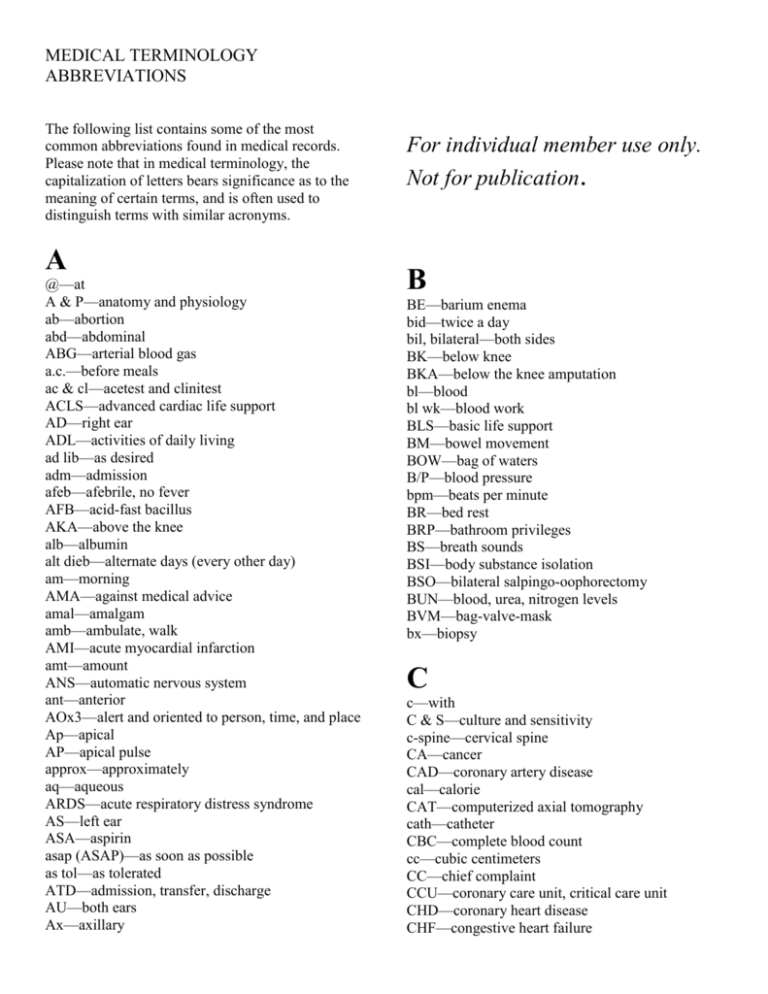
It replaced the former word used for medical doctors- leech, which is now considered archaic. The term doctor can be traced back to the late 1200s, and it stems from a Latin word meaning “to teach.” It wasn’t used to describe a licensed medical practitioner until about 1400, and it wasn’t used as such with regularity until the late 1600s. There are many looser definitions of the word that follow and, frankly, make things a bit confusing.įor example, the third definition is older slang for a “cook, as at a camp or on a ship,” while the seventh entry is “an eminent scholar and teacher.” Bugs Bunny didn’t help matters either by plying anyone and everyone with his famous greeting,“What’s up, doc?” While the first definition of the word is “ a person licensed to practice medicine,” that doesn’t mean you want to take medical advice from anyone who calls themselves a doctor. It can all be a bit confusing, which is why it’s important to know who and why someone might be called a doctor, as well as what all those initials and abbreviations after their name mean. Take your English professor, for instance.


That word doctor, however, is a title assigned to many who don’t come close to that description, many of whom you wouldn’t want stitching up that cut. Most would probably describe someone in a white lab coat with a stethoscope hanging around their neck or someone in medical scrubs-someone you would seek out if you have a deep cut that needed stitches. Quick: when you hear the word doctor, what do you picture?


 0 kommentar(er)
0 kommentar(er)
